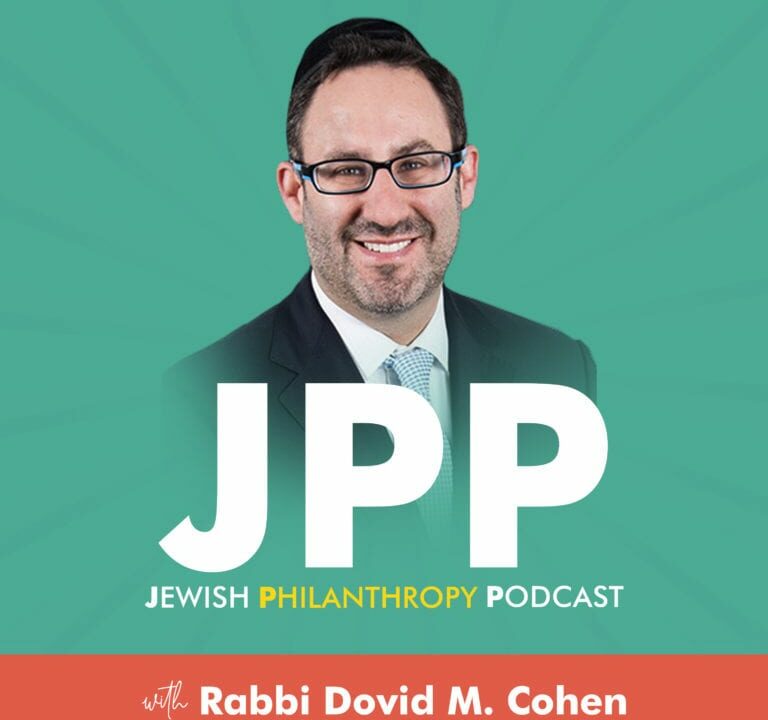This article originally appeared on ejewishphilanthropy.com.
A friend of mine, now an ENT, likes to regale crowds with war stories from her medical training. My favorite one goes like this:
Emily was a medical student doing an emergency room rotation when a thirteen year-old boy, hand tied in a homemade tourniquet, and his mother walked in. The boy had a deep gash from an accidental slice he suffered while prepping food, which all but left his finger dangling. The doctor on call was occupied with another patient. Even though she did not yet have surgery experience, Emily knew that the only treatment for this boy would be stitches, and the only person available to perform the surgery would be her. She took a deep breath before she began to stitch, all the while doing her best to exude an air of calm and confidence to assuage the anxious patient and his mom.
As they neared the end of the procedure, the boy’s mother said to Emily, “You must have been so nervous the first time you did this.” She smiled. “You have no idea,” she answered.
When it comes to the moments that define a person’s career, hand-in-hand (pardon the pun) with the requisite graduations and promotions are the emergency surgeries of our professional lives. The adrenaline kicks in as we are given the opportunity to prove ourselves and our abilities.
Society trusts new doctors to practically stitch fingers back onto the hands of patients with virtually no previous experience. To be sure, our work in the Jewish nonprofit sector is important but generally not life threatening in an immediate way. So shouldn’t our Jewish nonprofit senior leadership feel comfortable stepping aside to give developing professionals the experience and the confidence to propel their competencies – and careers – forward?
Senior executives have the opportunity to give entry and mid-level professionals their first experiences:
- Heading up a team
- Presenting in front of a crowd
- Leading a board meeting
- Soliciting a major gift
- Researching and setting policy
- Proposing a plan to achieve an important organizational goal
The current communal conversation about the dearth of future leaders to replace Baby Boomer executives usually translates into two action items: 1) Create more leadership training programs, and 2) Pay young professionals more so they remain in the field.
Of course these are good ideas. Yet, the most obvious, economical, and effective solution to the problem of underprepared Jewish communal understudies is to prepare them! During my years as a Jewish nonprofit professional and now as a consultant, I’ve heard many early and mid-career professionals bemoan their roles of providing behind-the-scenes support to their supervisors.
And so our Next Gen leaders find themselves in a Catch 22. They need more leadership experience to be ready to lead, but they can’t get it without furnishing credentials that assure employers that they have the leadership experience required to take on new professional challenges. And they don’t yet have it. Such circular demands will minimally frustrate and discourage talented young professionals and maximally compel them to leave the organization or the field altogether.
Yes, young professionals must proactively and industriously search for these opportunities. But it would help if organizations develop a culture of teaching and providing such opportunities. Organizations should reward senior executives who offer learning experiences to their employees. They should train their supervisors to ask junior staff:
- Are there any activities or assignments that you would like to do for which you haven’t yet been given the opportunity?
- What role or task is currently out of your comfort zone which you want to master by the end of the year?
- How can I help you advance your career?
- Have I provided the opportunity for “defining moments” in your career?
We need those in positions of power to follow the advice of ‘70s band ABBA – “Take a Chance on Me.” Take a chance on our young professionals. Provide them with emergency hand surgery moments.




